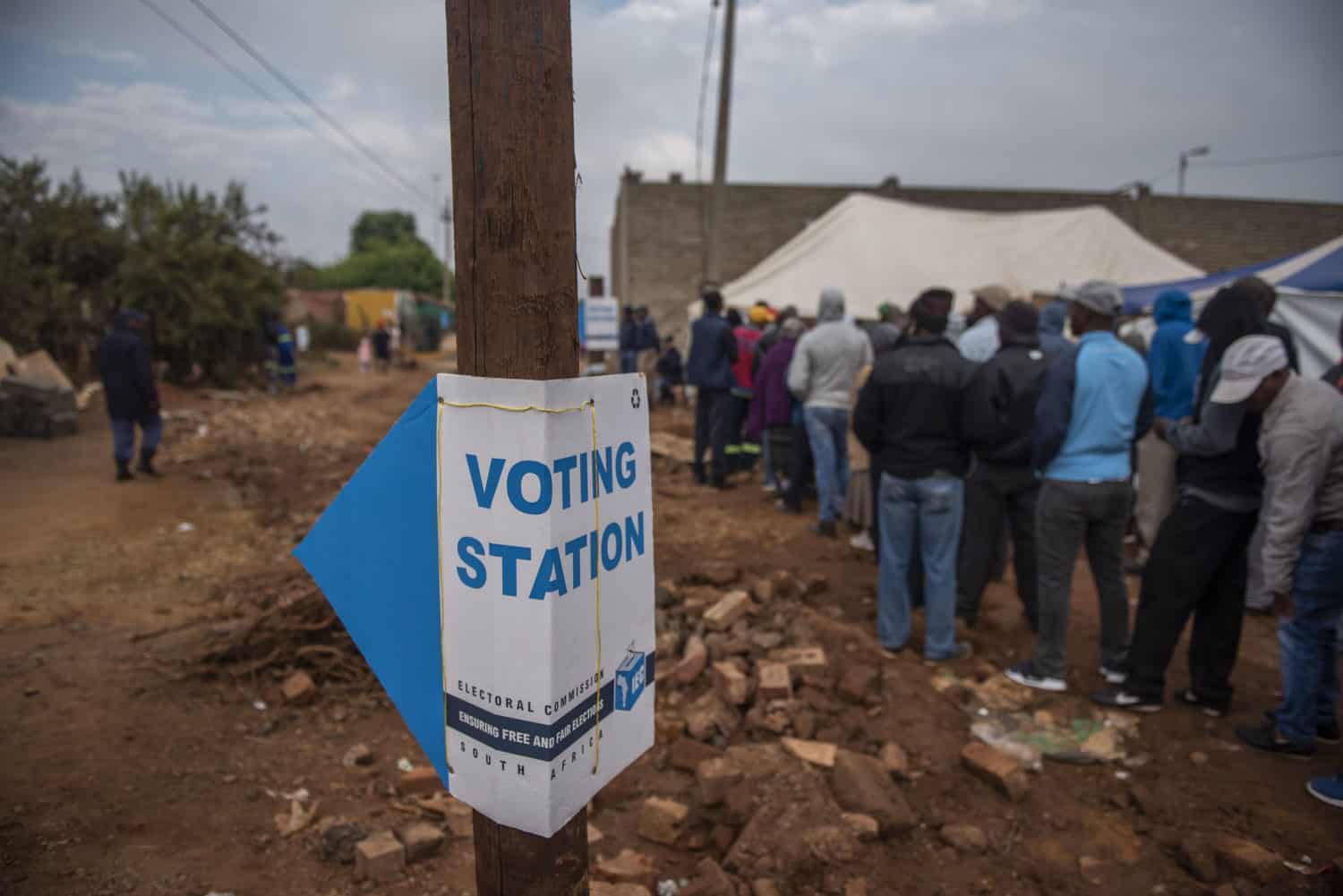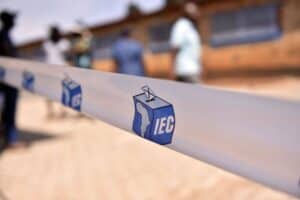The latest Ipsos poll conducted a month ago points to over 49% of voters still going to vote for the ruling party.

One of the biggest lessons from the Covid lockdown for South African voters is that the people they have repeatedly elected into power over the past 27 years will unashamedly find ways to disappoint them by looting state resources, even during the worst crisis the country and the world have faced in recent times.
So, it would be understandable if voters were eager to head to the polls to vote them out.
But the latest Ipsos poll conducted a month ago points to over 49% of voters still going to vote for the ruling party.
And for those most eager to have this election – the Democratic Alliance (DA) – only 18% of those polled indicated they would vote for them.
There are three major threats to a free and fair election on 1 November: a fourth wave of Covid, extremely low voter turnout and the Electoral Commission of SA (IEC).
Vaccine hesitancy is real and the government should be spending the next couple of months doing all it can to persuade citizens that they didn’t sacrifice the past 18 months of their lives waiting for a solution to the pandemic, only to reject the solution now.
Instead, the government and the country must now focus on local government elections.
The IEC did the morally right thing by attempting to have the election put off for a couple of months and the commission headed by former deputy chief justice Dikgang Moseneke correctly concluded that an election held during the current phase of the pandemic would not be free or fair.
Its biggest mistake was approaching the Constitutional Court instead of using parliament to get the poll postponed.
That has come back to bite them because where can they go to challenge a Constitutional Court ruling?
Corruption is the biggest threat to democracy between elections, but the IEC itself is the biggest threat to democracy during elections.
In the 2016 local government elections, the IEC was in the embarrassing situation of marked ballot papers being discovered outside an election venue in the very closely contested Nelson Mandela Bay metropolitan municipality.
The DA must have also forgotten the long waits before the results of other closely contested metros were released.
Those were signs the IEC was not prepared for those elections back then – and there was no pandemic at the time.
The DA’s eagerness to push ahead with the poll could be based on the miscalculated notion that the ruling party’s lack of preparedness would somehow translate into an election result advantage for themselves.
The most likely result is that in the midst of the huge vaccine hesitancy, the country might see its lowest poll turnout yet.
Vaccine hesitancy is not due to lack of trust in the vaccine, but is also a middle finger to the government by voters.
Sure, the constitution wins with the poll going ahead on 1 November, but the SA voters and democracy will be the losers.
A few months delay would have meant the election took place after a significant portion of the population had been vaccinated and campaigning would be more open.
Could the DA be hoping a disorganised poll will favour it more than the ANC and the Economic Freedom Fighters?






